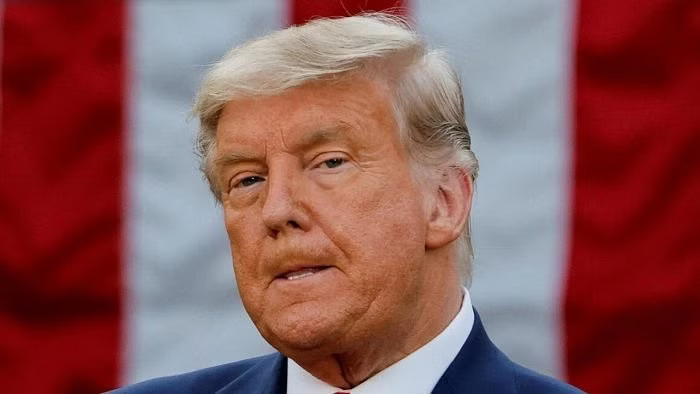In a significant legal development, a US judge has rejected former President Donald Trump’s request to recuse themselves from presiding over a criminal trial related to the 2020 election. The decision marks a pivotal moment in an ongoing legal battle, underscoring the complexities and tensions surrounding the matter.
Former President Trump had sought the recusal of the judge based on perceived bias, alleging potential conflicts of interest that could compromise a fair trial. However, the judge overseeing the case denied the request, asserting their impartiality and dedication to the judicial process.
This legal showdown is a continuation of the post-election controversies that have persisted since the 2020 US presidential election. The trial centers on allegations related to the election and has garnered significant attention both within the United States and internationally.
The rejection of Trump’s recusal request further escalates the legal proceedings, setting the stage for a highly watched trial that could have far-reaching implications. The case is anticipated to be closely monitored, considering its potential impact on the country’s legal and political landscape.
The trial’s proceedings will be closely followed, providing insights into the US legal system’s ability to handle contentious and high-profile cases. The rejection of Trump’s recusal request affirms the independence and integrity of the judiciary, emphasizing the importance of due process and fair trials in the American legal system.










